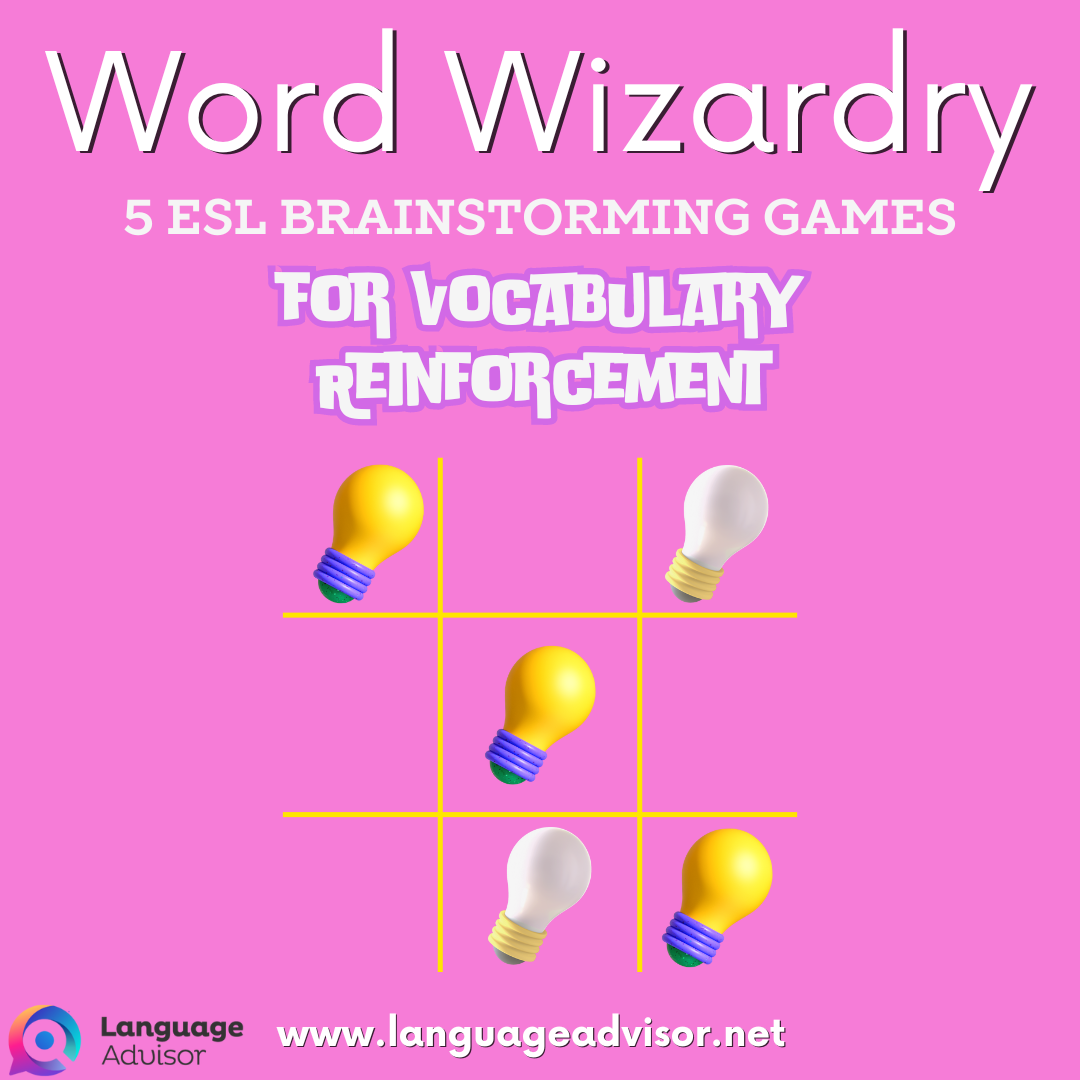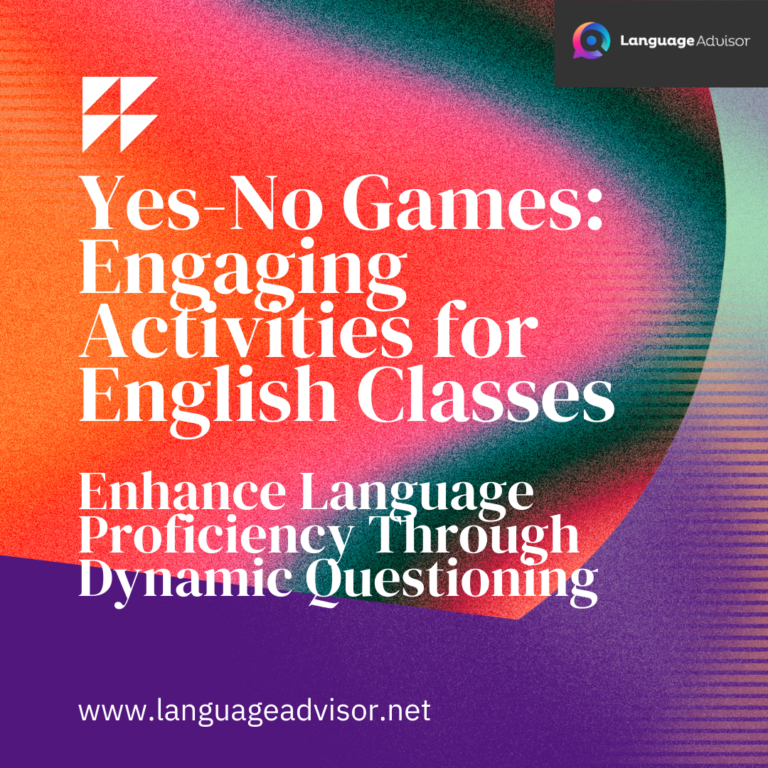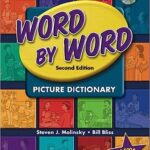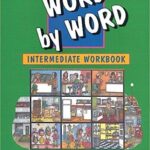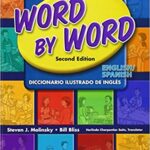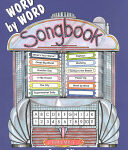Word Wizardry: 5 ESL Brainstorming Games for Vocabulary Reinforcement
Word Wizardry

Are you searching for engaging ways to reinforce vocabulary or introduce new lexical sets in your ESL classroom? Look no further than our exciting ESL brainstorming games! These fun and interactive activities are designed to get your students working together, using English, and expanding their vocabulary in an enjoyable way. Whether you’re looking for a game to kickstart your class or to delve deep into brainstorming categories of words, our 5 ESL brainstorming games has you covered.
Let’s dive into the world of Word Wizardry and transform your classroom into a hub of linguistic exploration and collaboration
Word Wizardry
Alphabet Brainstorm
Here is an excellent ESL brainstorming game for revising vocabulary or introducing a new lexical set.
- Age/Level: Any
- Time: 20 minutes
- Players: Small teams
- Preparation: None
- Aim: To brainstorm categories of words
Procedure
On the board, write three numbered categories, e.g. 1. clothes, 2. drinks, 3. verbs, etc. The categories you choose will depend on the vocabulary you wish to teach or revise. Next to the categories write the letters of the alphabet with a random number next to each letter, e.g. A – 2, B – 4, C – 1, etc.
Divide the students into teams.
Give each team a piece of paper and tell them to write the letters of the alphabet in a list. Call out a category from the board. The teams then race to complete their list with an example for each letter. Set a time limit for the teams.
When time is up, have the teams swap papers for marking. For each correct word, teams score the number assigned to the letter. Tally up the scores and then start a new round.
The team with the highest score at the end of the game wins.

Brainstormers
Here is a fun brainstorming game to get your students working together and using English.
- Age/Level: Any
- Time: 20 minutes
- Players: Teams of 3 to 4
- Preparation:Write different categories to brainstorm on slips of paper
- Aim: Students work together to brainstorm words in a category
Before class, write categories down on slips of paper.
Examples: Seven things you do before you go to bed. Six things that are watched. Five ways to keep fit. Five brands of toothpaste. Seven things to do on holiday. Five things you can read. Seven reasons for being late to class.
Procedure
Place a category slip on the teacher’s desk. Split the students into teams of three or four. Each team chooses one student to be the runner. The runners go to the teacher’s desk and read the category, e.g. seven things you do before you go to bed.
The runners go back to their teams and tell their team members the category. The teams then brainstorm words in the category and write them down. The first team to finish shouts Stop!
The winning team calls out their answers. If their answers are correct, they win one point for each word in the category. The next category slip is placed on the table and the game begins again, and so on. The team with the highest number of points at the end is the winner.

Brainstorming Race
This ESL game is great for brainstorming new vocabulary or revising words.
- Age/Level: Any
- Time: 20 minutes
- Players: 2 to 4 teams
- Preparation: None
- Aim: To brainstorm categories of words
Procedure
Draw two to four columns on the board and separate the students into a corresponding number of teams. Have each team line up in front of a column and give each team a marker or chalk.
Call out a category for the students to brainstorm.
Set a time limit and let the students start writing all the words they can think of belonging to that category.
The first student in each team runs to the board, writes a word, gives the marker/chalk to the next student, and goes to the back of the line. Then the second student runs to the board and so on.
When the time limit has been reached, check the words and spelling. The team with the highest number of correct answers wins.
To stop teams copying each other you can cross out all the words that are duplicated across the teams.

Five Things That…
This is a fun brainstorming game to play at the start of class. The aim is for the teams to write down five answers that match the five things on your list.
- Age/Level: Elementary and above
- Time: 20 minutes
- Players: Small teams
- Preparation: Write a list of categories with five words in each category
- Aim: To write down five answers that match the teacher’s answers
Before the game, prepare a list of categories with five words in each category
Procedure
Split the students into small teams and give each team a sheet of paper. Call out one of the categories, e.g. five things that are watched.
The students then brainstorm and write down five answers. Each team gets one point for each answer that matches the teacher’s answer.
Play several rounds. The team with the most points at the end of the game is the winner.
Here are some examples of categories you can use: Five things that are watched, round, listened to, made of plastic, read, used in an office, useful, blue, etc.

Outburst
This entertaining ESL brainstorming game is useful for brainstorming categories of words.
- Age/Level: Beginner
- Time: 20 minutes
- Players: Teams of 4 to 5
- Preparation: Make a list of ten categories with ten words in each category.
- Aim: To say the words that match what’s on the teacher’s list
Before the game, prepare a list of ten categories with ten words in each category.
Procedure
Split the class into teams of four or five. Each team plays in turn. Give the first team a category, e.g. verbs.
The first team then has one minute to shout out as many verbs as they can. They score a point for every word that is on your pre-written word list.
The game can be played over several rounds. The team with the most points at the end is the winner.

Word Wizardry. Here are some others brainstorm activities


